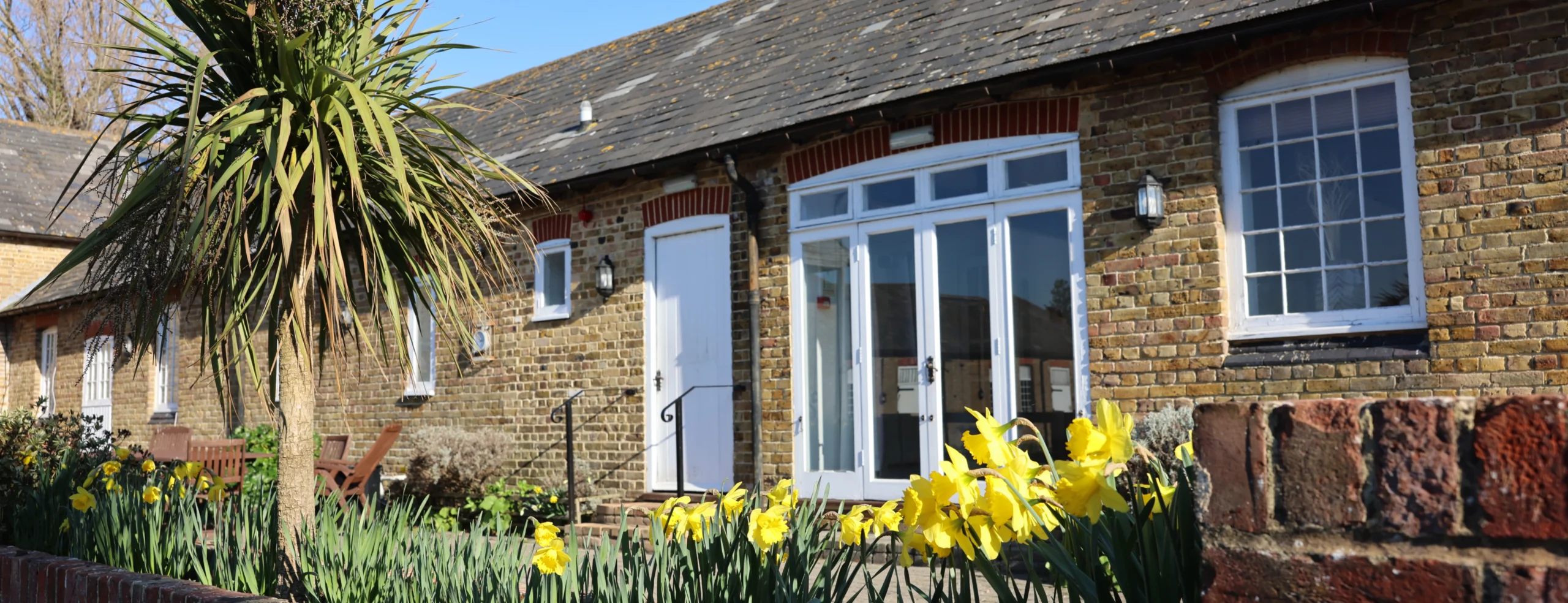Contact us
Addiction Family Programme
Our Family Therapy Programme at PROMIS provides families of addicts with the opportunity to be included in therapy sessions and support their loved ones.
Family Programme
Our Family Therapy at PROMIS is drawn largely from the principles of ARISE and CRAFT family therapies. These therapeutic approaches focus on healing, improving relationships, and addressing problems within the family unit. The core belief of this addiction therapy is that individuals are best understood through the context of their family system.
In this treatment programme, the entire family is seen as the client rather than focusing on a single individual. Therapists often work with families as a group, facilitating discussions and activities and encouraging open communication, mutual understanding, and problem-solving.
Critical components of Family Addiction Therapy include:
Systems Perspective
The Systems Perspective is a fundamental cornerstone of Family Therapy. The family is seen as an interconnected system, with each member uniquely playing a role. The dynamic of a family is not a simple sum of its parts. Instead, it’s a complex entity where each member influences and is influenced by others.
This perspective considers the influence of relationships, communication patterns, roles, rules, and boundaries within the family system. For instance, a change in the behaviour of one family member might bring about a shift in the dynamics of the entire family.
Underlying this perspective is the principle of circular causality, which suggests that everyone in the system contributes to the problems and can be a part of the solution.
Therefore, in addressing issues such as substance abuse or mental health problems, Family Therapy does not isolate the individual as the ‘problem’ but sees the issue as a symptom of a larger family dynamic. It is believed that any significant and lasting change can only occur when the family as a whole is engaged in the therapeutic process.
Strength-Based Approach
Family Therapy underscores the inherent strengths and resources within the family. This perspective sees every family, regardless of its current difficulties, as having unique strengths and resources that can be harnessed for healing and growth.
It moves away from a deficit-oriented approach that focuses on problems, weaknesses, and failures to a more positive approach that builds upon existing abilities, achievements, and capacities.
For instance, a family might be praised for their resilience in the face of adversity or their demonstrated capacity for empathy and understanding. This strength-based approach cultivates a sense of hope and optimism and encourages families to be proactive agents of change in their own lives.
This positive reinforcement can empower families, boosting their confidence and motivation to overcome their challenges.
COLLABORATIVE THERAPEUTIC RELATIONSHIP
In Family Therapy, the therapeutic relationship is a partnership between the therapist and the family. Therapists do not hold a position of authority but act as facilitators who guide the process.
This collaborative approach demystifies therapy and encourages family members to be active participants in their own healing process.
By working together, the family and therapist can develop a shared understanding of the problems, identify desired outcomes, and formulate a therapeutic plan. This collaborative process respects the family’s autonomy and expertise on their own lives. It promotes a sense of ownership and engagement, making therapy more effective and sustainable.
Skills Development
Another key aspect of Family Therapy is the focus on skills development. The therapeutic process is not only about exploring issues and generating insights but also about equipping families with practical skills and strategies.
Skill-building sessions are designed to be interactive and experiential, allowing families to practice and apply these skills in a safe and supportive environment. Over time, these new skills can facilitate more positive interactions, enhance problem-solving abilities, and promote healthier dynamics within the family.
Cultural Sensitivity
Family Therapy places high importance on cultural sensitivity. It acknowledges and respects the unique cultural backgrounds, beliefs, and values of each family. This means understanding and taking into account the influence of culture on family structure, roles, values, and expectations.
Therapists need to be culturally competent, ensuring that therapy is relevant, respectful, and non-discriminatory.
They also need to be aware of their own cultural biases and assumptions. By honouring the cultural identities of families, Family Therapy ensures a safe and inclusive therapeutic space where all families feel seen, heard, and valued. This approach can enhance engagement, trust, and effectiveness of therapy.

Genogrames, family history and culture.
Genograms are visual tools that map a person’s family history across multiple generations. They can illustrate complex family dynamics, revealing patterns of behaviour, medical histories, emotional relationships, intergenerational communication patterns, roles, conflicts, and bonding, making them valuable therapy tools.
They can help highlight dysfunctional patterns and unresolved issues, which can then be addressed through therapeutic interventions. We often use genograms to help individuals understand their family dynamics and how these relationships impact their current behaviours, thoughts, and feelings.
By understanding a family’s history going back a number of generations, one can get an insight into the strengths and the rich culture of each family. This strength and resource can be applied to recovering from current difficulties.
Conclusion
Family Therapy can be applied to various issues, such as marital conflicts, parenting challenges, substance abuse, mental health problems, and family transitions. It aims to address immediate issues and strengthen the family’s ability to handle future challenges. It’s a dynamic and flexible approach, adaptable to each family’s unique needs and circumstances.
Through this family support programme, family therapy sessions provide help for family members alongside the loved one experiencing addiction issues. With professional help from counsellors, this programme covers aspects of family dynamics and communication that support both parties in fronting the struggle with addiction.

GET FAMILY SUPPORT FOR ADDICTION WITH PROMIS
If you are a loved one or someone going through addiction, PROMIS Rehab Centre provides addiction support for families as part of our addiction treatment. Our programme helps families get involved in the process and form part of the recovery journey. Through a family addiction support programme, you can demonstrate your commitment to eradicate substance use from the life of your loved one and become the rock and support they need during this challenging time.
Reach out to PROMIS addiction rehab today and help your family member get back on track, stay on track, and avoid a potential relapse.
